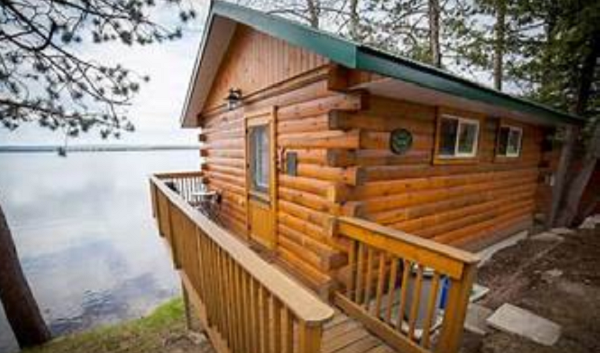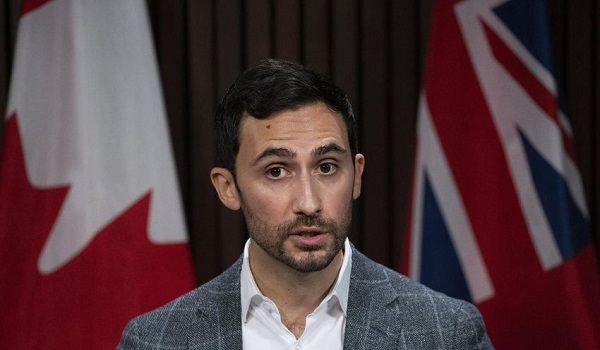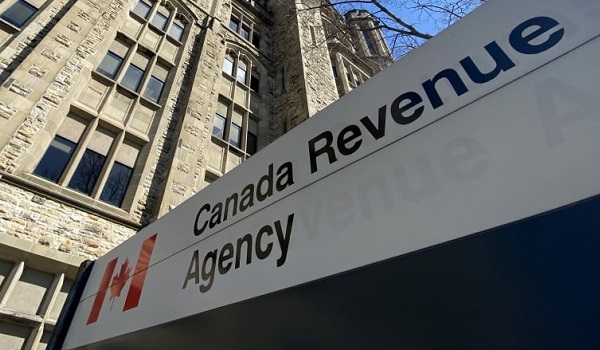Ottawa’s new short-term rental crackdown may force some Ontario cottage owners to sell them
Ontario cottage owners fear Ottawa’s new tax measure cracking down on short-term rentals like Airbnb may hurt seasonal landlords operating in rural areas who are simply trying to cover costs.
On Tuesday, Finance Minister Chrystia Freeland announced that, as of Jan. 1, the government will deny income tax deductions for short-term property owners who are non-compliant with provincial or municipal bylaws.
While the measure is meant to improve housing affordability by converting short-term rentals into the long-term market, it may leave some cottage owners scrambling to cover operating costs and pay off mortgages.
“If (the measure is) applied across the board, then you’re using a tool that’s designed largely for urban centres to go after small cottage owners in rural settings. And that is very concerning,” said Glen Sloutsky, a cottage owner in the township of Tiny located about an hour north of Barrie.
“We’re not running a business,” he added. “We are simply trying to cover our costs of the mortgage, which are quite high.”
Sloutsky and a group of around 100 property owners in Tiny have applied to the Superior Court of Ontario to challenge a township’s bylaw, which they believe is “illegal” and “prohibitory and punitive rather than regulatory,” he said.
Short-term rental hosts in Tiny need to have a license, can only welcome guests for a minimum of six consecutive days between the months of April and October (weekend-only rentals are not allowed), and must operate for no more than 92 combined days of the year, among other restrictions.
In a previous Star report, Mayor David Evans said that Tiny implemented the bylaw to mitigate the impact short-term rentals were having on neighbourhoods as well as to ensure safety with regular maintenance.
Sloutsky, who is a renter in Toronto, said he and his family might have to consider moving to his primary residence in Tiny if the bylaw stands and he is forced to either abide by the restrictions, which would reduce his income, or operate outside of the licensing regime and face the tax penalty.
A spokesperson from Canada’s Department of Finance said the measure will not apply to all Canadian municipalities, but will serve to support those that have already imposed restrictions.
“If the landlord is fully up to date with their permit and respects all the regulations, they’re not affected by this,” the spokesperson said.
In its Fall Economic Statement, the government said it will also spend $50 million over three years to support municipal enforcement of restrictions in the form of permitting and licensing.
Victor Dias owns a cottage in the township of Magnetawan, which passed a bylaw in October restricting short-term rentals. Like Sloutsky, Dias represents a group of property owners who are considering a challenge to the bylaw.
The township, about 300 kilometres north of Toronto, will allow a host to lease for a minimum of seven days and have a maximum of 10 guests at a time.
With the new bylaw and the federal tax measure, he says he might have to sell. Setting up a long-term rental, in his case, isn’t feasible because his property is not winterized, which means he can only lease for a few months of the year.
“It’s not something that we want to do,” he said, adding that the bylaw and the policy will ultimately force more owners to leave cottage country.
This article was reported by The Star















